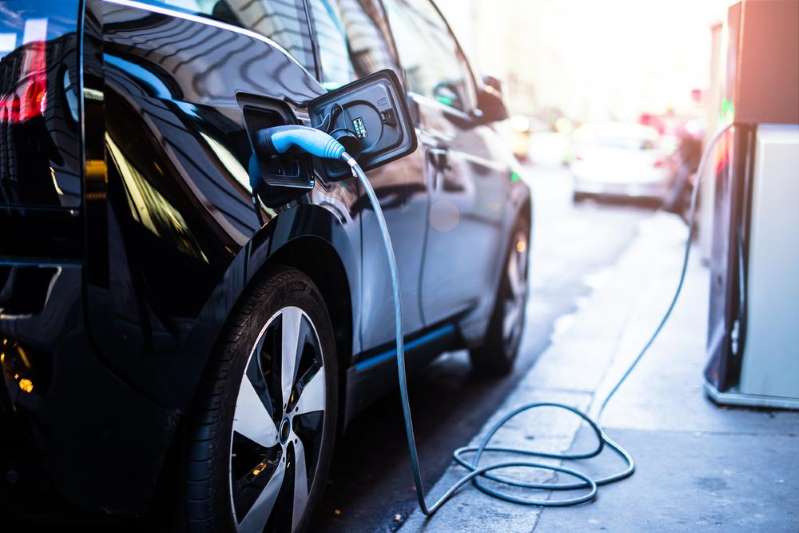Study: Around a fifth more jobs and added value in the sector possible by 2030 – Minister: After owner-occupied buildings, electricity tank measures for apartment tenants are also planned later.

Deliveries to e-car manufacturers and suppliers for charging stations open up great job and value-added potential for Austria. The number of jobs and added value could each increase by around a fifth by 2030, according to a study presented on Thursday. Infrastructure Minister Leonore Gewessler (Greens) described the expansion of the charging infrastructure as central and announced a draft for a “right to plug” in the near future.
Gewessler is working on the “right to plug” draft together with Justice Minister Alma Zadic (Greens). This initiative, which was announced in the summer, aims to facilitate the installation of e-charging stations in apartment buildings with condominiums. Another step will certainly have to be considered for the tenant area, Gewessler told journalists. More than 40 percent of the almost 4 million main residences in Austria are rented, in Vienna the rent quota is more than three quarters – but many housing developers are not ready to retrofit their existing buildings with e-charging. “We must certainly turn a lot of screws, the first step is now to the Apartment Ownership Act,” said the climate protection minister, who is also responsible for energy, who referred tenants to the public charging infrastructure, which is constantly being expanded, to recharge their batteries.
The number of jobs in the areas involved in car manufacturing could increase from 34,400 at present to around 42,000 by 2030 – i.e. by around 7,300 jobs, according to the study carried out on behalf of the Climate and Energy Fund (KliEn), endowed with funds from the climate protection department Head of the research facility Fraunhofer Austria together with the Vienna University of Technology and Smart Mobility Power GmbH. The greatest potential is seen in electrical equipment, IT and electronic / optical products (around 7,000 positions). Around 1,000 jobs could be added by producing the e-charging infrastructure by 2030.
For domestic added value, it is assumed that the annual volume will increase by 645 million to 4 billion euros. The job and value creation potential of the domestic automotive industry depends on the degree of expansion of the charging infrastructure. From 2030 onwards, there would be around 120 million euros per year as value creation potential, it is said. According to Wilfried Sihn, Managing Director of Fraunhofer Austria, the study has shown that due to the shortage of skilled workers, potential in this country has often remained untapped.
Gewessler was pleased with the recent sharp rise in the electric car quota for new registrations. The 10 percent mark was broken for the first time in November, and in December it was already 14 percent. That the share of company cars in the new e-cars was over 80 percent is not surprising, said the minister. Because the company share in new cars is generally more than 60 percent. With new drives, the fleets are very important, and it is good that the proportion of electric vehicles is increasing sharply there. Overall, the number of e-car registrations in Austria rose by 73 percent in the previous year, she recalled. There is enough electricity for e-mobility: Even if all 5 million cars were e-cars, electricity consumption would be only 15 percent higher. The Renewable Expansion Law (EAG), which is currently being finalized, will also support e-mobility.

